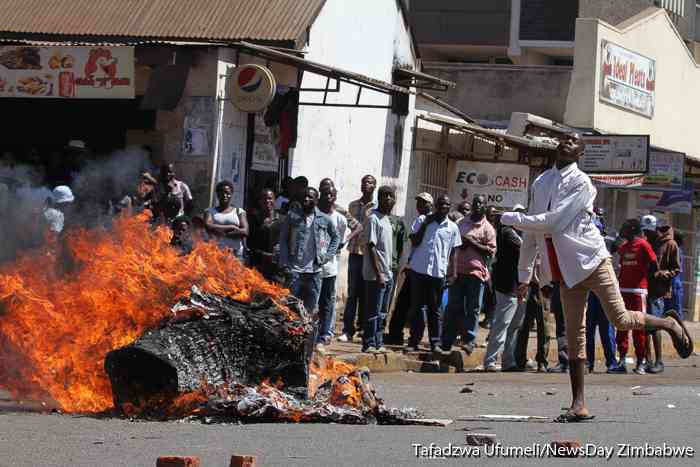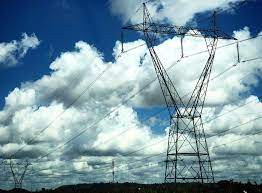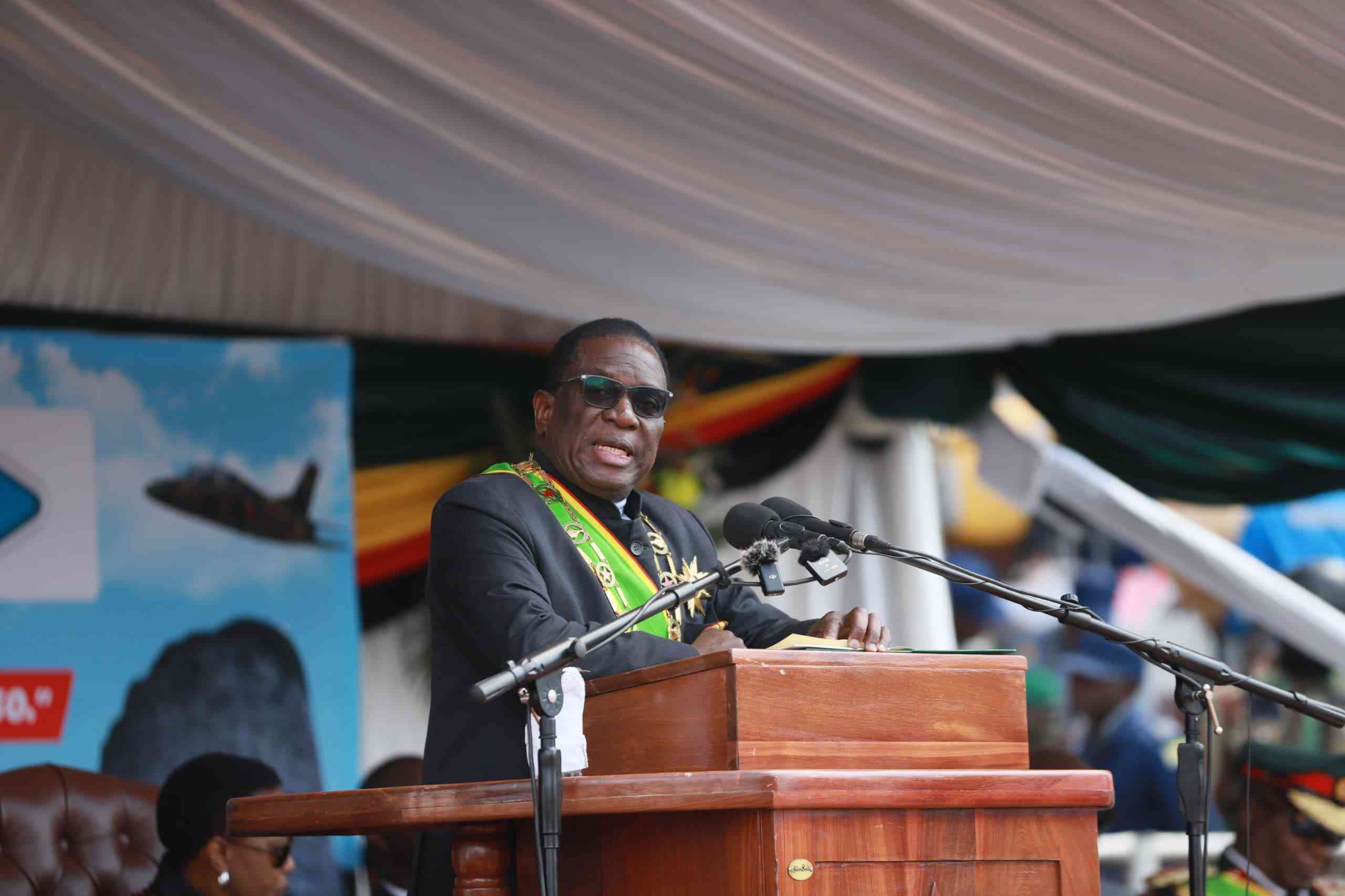
A NEW Afrobarometer survey has revealed that at least 70% of Zimbabweans are afraid of becoming political violence victims during the upcoming general elections.
The results, disseminated in Harare yesterday, follow a research done by the Mass Public Opinion Institute in May this year on behalf of the Afrobarometer Network.
The survey focused on the quality of democracy and governance in Zimbabwe.
Asked how much they feared becoming victims of political violence, 59% of the sampled population expressed real fear, while 14% indicated that they feared a bit while 24% did not fear at all.
“Nearly six in 10 (59%) express fear of becoming victims of political violence during elections. A majority (55%) fear that competition between political parties lead to violent conflict,” the report said.
“Nearly half (48%) say that the conduct of previous elections has often or always led to violence in their constituencies. Half (50%) of the citizens say the conduct of previous elections has led to violence in their neighbourhood.”
Most of the respondents (35%) also indicated that if elections were to be held today, they would vote for Zanu PF, while 27% would vote for Citizens Coalition for Change (CCC).
Another 27% refused to answer, 6% said they would not vote and 5% said they didn’t know.
- Mbavara eyes to resurrect Matavire’s music legacy
- Zim exiles panic over SA permits
- Zim exiles panic over SA permits
- Social media platforms should act on hate speech
Keep Reading
The results also show that many Zimbabweans have trust in religious leaders and not political leaders.
Political analyst Alois Madhekeni said the results showed that a lot needed to be done for Zimbabwe’s democracy to thrive.
“The people have less confidence in the electoral process or they are afraid to participate in electoral processes. The level of fear, in a way, undermines the quality of democracy,” he said.
“It is very difficult to tell what is influencing the voting intentions but the fear factor is definitely a fact among a number of factors. It does not look like there is a link between economic challenges in the country, situations at individual levels and the voting intentions.”
Another political analyst Eldred Masunungure said the survey was done before the economy had imploded and before Saviour Kasukuwere decided to enter the presidential race.
“He (Kasukuwere) was a non-event at the time. But if we are to go back asking the same questions given the state of the economy in the past five or six weeks, it is likely that the perceptions about voting intentions could have significantly altered,” Masunungure said.
“Zimbabweans are schizophrenic. You can’t make sense of how they behave politically. There appears to be a disjuncture between how they think and they act. They vote for people responsible for their anger. It’s a matter that still needs to be unravelled. We may not be able to explain why a woman sticks to an abusive husband. These are difficult issues to answer with confidence.”











